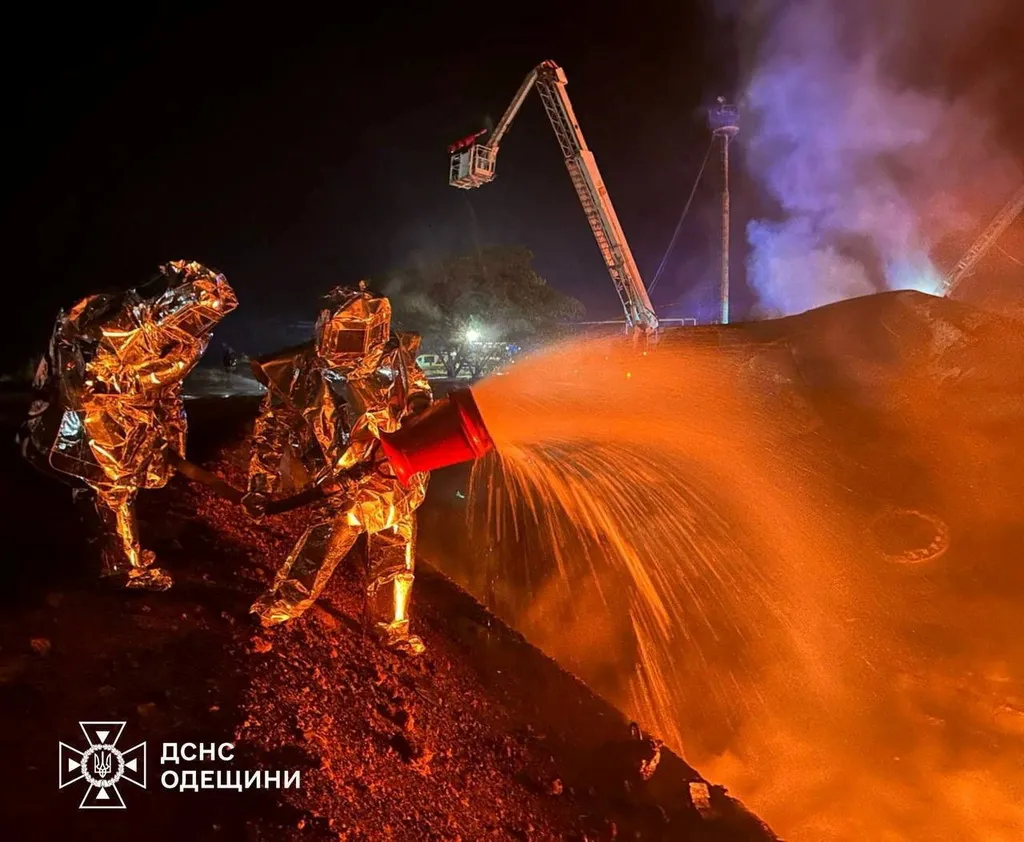In the heart of Russia’s vast horticultural and vegetable gardening territories, a pressing issue has emerged, one that could reshape fire safety standards and have significant commercial implications for the energy sector. Nikolay Yu. Pivovarov, a Candidate of Technical Sciences and Chief of Sector, has brought this critical topic to light in his recent research published in the journal ‘Актуальные вопросы пожарной безопасности’, which translates to ‘Current Issues in Fire Safety’.
Pivovarov’s work delves into the need for updated regulatory documents to ensure adequate external fire-fighting water supply in these areas. His research is timely, given the alarming statistics on fires in garden houses and dachas across the Russian Federation between 2020 and 2024. The data, disaggregated by cities, urban-type settlements, and rural areas, paints a stark picture of the current state of fire safety in these territories.
“The number of buildings and structures damaged in fires is a clear indicator that our current regulations are not sufficient,” Pivovarov asserts. His analysis of the established characteristics of horticultural and vegetable gardening territories, coupled with the current requirements of regulatory legal acts, reveals a significant gap in the standards for external fire-fighting water supply.
Pivovarov’s proposal to establish appropriate water supply standards for these territories, both within and outside populated areas, could have far-reaching implications. For the energy sector, this means a potential shift in how fire safety is approached in these regions, which could influence investment strategies and operational practices.
“The energy sector has a vested interest in ensuring the safety of these territories,” Pivovarov explains. “By improving fire safety standards, we can mitigate risks and protect valuable assets.”
The commercial impact of this research is substantial. As the energy sector continues to expand into these areas, the need for robust fire safety measures becomes increasingly critical. Pivovarov’s work could pave the way for new regulations that not only enhance safety but also provide a framework for sustainable development.
In the broader context, this research underscores the importance of adapting regulations to meet the evolving needs of different territories. As Pivovarov’s work gains traction, it could inspire similar studies and initiatives in other regions, fostering a global dialogue on fire safety and regulatory compliance.
For now, the energy sector watches closely, recognizing the potential of this research to shape future developments in fire safety and regulatory standards. As Pivovarov’s findings continue to resonate, the path forward becomes clearer, promising a safer and more secure future for horticultural and vegetable gardening territories.

